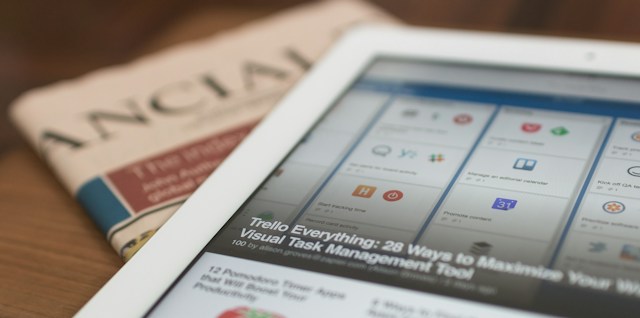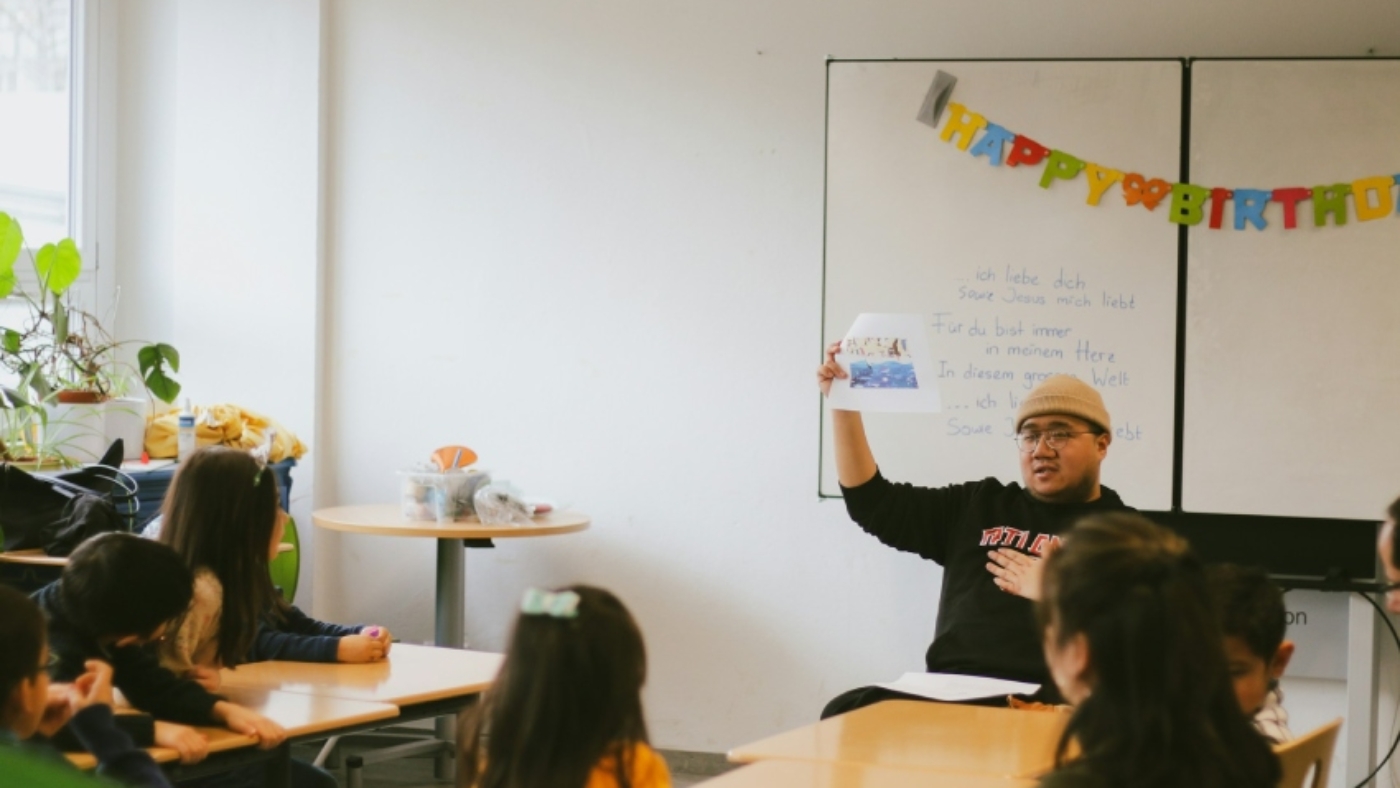In today’s rapidly evolving society, it is crucial that we equip our young students with the knowledge and understanding of consent. Teaching consent in schools has become essential to promoting healthy relationships and fostering a culture of respect. By educating our students about the importance of consent, we empower them to make informed decisions and establish boundaries that are vital for their overall well-being.
goes beyond simply teaching students about the concept itself; it involves providing them with practical tools and activities to navigate interpersonal relationships in a respectful manner. By engaging students in consent activities, we create opportunities for them to develop critical thinking skills, empathy, and an understanding of personal boundaries.
Promoting healthy relationships starts with teaching consent at an early age. By instilling these values within our educational system, we can help shape a future generation that respects one another’s autonomy and fosters positive interactions. Through comprehensive consent education, we can work towards eradicating harmful behaviours such as coercion, manipulation, and abuse.
In this section, we will explore the importance of teaching consent in schools and delve into various activities that can be implemented to educate students on this crucial topic effectively. Together, let us pave the way for a society where respect for personal boundaries is ingrained in every interaction.
Activity 1: Role-Playing Scenarios

Role-playing scenarios are an effective and engaging way to teach boundaries, practice communication skills, and enhance understanding of non-verbal cues. By immersing participants in simulated situations, role-playing activities provide a safe space to explore different interpersonal dynamics and develop essential skills.
One of the key benefits of role-playing is its ability to . Participants can step into different roles and experience firsthand what it feels like when personal boundaries are crossed or respected. This experiential learning approach allows individuals to gain a deeper understanding of their own boundaries as well as those of others, fostering empathy and promoting respectful interactions.
Additionally, role-playing activities offer an opportunity to practice communication skills in a realistic setting. Participants can experiment with different communication styles, assertiveness techniques, and active listening strategies. Through feedback and reflection, they can refine their communication abilities and effectively express their thoughts, needs, and emotions.
cues is another crucial aspect of interpersonal communication that can be honed through role-playing scenarios. Participants can observe and interpret body language, facial expressions, tone of voice, and other non-verbal signals within the context of various simulated situations. This heightened awareness helps individuals develop sensitivity towards others’ emotions and intentions while also improving their own non-verbal communication skills.
Ιncorporating role-playing scenarios into educational or professional settings offers numerous benefits for individuals seeking to enhance their understanding of boundaries, improve their communication skills, and sharpen their ability to interpret non-verbal cues. By actively engaging in these activities, participants gain practical experience that translates into real-life interactions with increased confidence and effectiveness.
Activity 2: Interactive Discussions and Debates

Engaging in interactive discussions and debates on the topic of consent is a powerful way to deepen our understanding and explore different perspectives. These discussions provide a platform for individuals to share their thoughts, experiences, and insights, fostering a more comprehensive understanding of the complexities surrounding consent.
By actively analyzing real-life scenarios, we can delve into the nuances of consent and its implications. This allows us to critically examine various factors, such as power dynamics, , and societal norms that influence consent. Through these discussions, we can challenge our own assumptions and broaden our perspectives on what constitutes informed and enthusiastic consent.
Moreover, interactive consent discussions create an inclusive environment where participants can learn from one another’s experiences. By actively listening to diverse voices and engaging in respectful debates, we can gain valuable insights that help shape our own beliefs about consent.
Ultimately, these interactive discussions catalyse personal growth and societal change. They empower individuals to become more informed advocates for enthusiastic consent by giving them the knowledge and tools necessary to navigate complex situations ethically.
Εmbracing interactive discussions and debates on the topic of consent enables us to develop a deeper understanding of its complexities while fostering empathy towards diverse perspectives. By analyzing real-life scenarios through this lens, we can actively contribute towards creating a culture prioritising informed and enthusiastic consent for all individuals involved.
Activity 3: Media Analysis and Critique

Media analysis and critique play a crucial role in developing media literacy skills, particularly when it comes to understanding consent and healthy relationships. By engaging in activities that focus on analyzing portrayals of consent in movies and TV shows, individuals can enhance their ability to identify healthy versus unhealthy depictions of relationships.
One effective activity is to examine how consent is portrayed in various forms of media. By critically evaluating scenes or storylines that involve consent, viewers can gain insights into the nuances of communication, boundaries, and power dynamics within relationships. This exercise helps individuals understand what constitutes a healthy portrayal of consent and recognize instances where it may be misrepresented or misunderstood.
Through media literacy activities on consent, individuals can also explore the impact these portrayals have on societal attitudes towards relationships. By discussing and critiquing different examples, participants can develop a more discerning eye when consuming media content and become better equipped to challenge harmful narratives or stereotypes.
Ultimately, engaging in media analysis and critique regarding portrayals of consent empowers individuals to navigate the complex landscape of relationships depicted in movies and TV shows. It cultivates critical thinking skills necessary for recognizing problematic representations while promoting healthier understandings of consent within society.
Activity 4: Creating Personal Boundaries Collage

Creating a personal boundaries collage is an artistic activity that goes beyond traditional methods of self-reflection. By visually representing individual boundaries through collage-making, this activity promotes self-awareness and self-expression in a unique and engaging way.
Collages have long been recognized as a powerful tool for exploring emotions and experiences. They allow individuals to assemble images, textures, and colours that resonate with their personal journey, giving form to intangible concepts such as personal boundaries.
Through this activity, participants are encouraged to reflect on their own boundaries – the limits they set for themselves in various aspects of life. By selecting and arranging visual elements that represent these boundaries, individuals can better understand their own needs, desires, and limits.
The process of creating a personal boundaries collage also fosters self-expression. Participants can choose images or materials that resonate with them personally, allowing them to communicate their thoughts and feelings nonverbally. This can be particularly beneficial for those who struggle to express themselves verbally or struggle with articulating their emotions.
Furthermore, this activity encourages individuals to establish clear and healthy boundaries in their lives. By visualizing these boundaries through art, participants are reminded of the importance of respecting their own limits as well as the limits of others. This newfound awareness can lead to improved interpersonal relationships and overall well-being.
Creating a personal boundaries collage is an innovative approach to exploring one’s own limits and promoting self-awareness. Through this artistic activity, individuals have the opportunity to visually represent their personal boundaries while fostering self-expression and promoting healthy relationships with others.
Activity 5: Consent Bingo Game
To further foster understanding and make the learning experience enjoyable, consider implementing a Consent Bingo Game. This engaging activity combines the fun of a game with the educational aspect of learning about different aspects of consent.
The Consent Bingo Game can be designed to include various scenarios, terms, and concepts related to consent. Participants, whether students or educators, can play by marking off the squares that correspond to different elements of consent as they are discussed or explored. This not only reinforces key concepts but also encourages active participation and discussion.
The game can include scenarios like respectful communication, recognizing non-verbal cues, understanding boundaries, and obtaining enthusiastic consent. As participants engage with the game, they become familiar with the vocabulary of consent and internalize the importance of these concepts in real-life situations.
Incorporating Teaching Consent Activities into the Curriculum:
To maximize the impact of consent education, it is crucial to integrate these activities into the school curriculum. Here are key considerations for educators:
- Benefits of Integration: Highlight the benefits of integrating consent education into various subjects, such as health classes or literature discussions. Emphasize how this approach contributes to a well-rounded education that prepares students for real-world interactions.
- Tailoring to Age Groups: Recognize the diverse needs of different age groups and grade levels. Tailor activities to be age-appropriate and consider the developmental stages of students. This ensures that the content is both engaging and relevant to their experiences.
- Collaboration among Educators: Foster collaboration among educators to create comprehensive lesson plans that incorporate multiple consent activities. Sharing insights, experiences, and resources among colleagues enhances the effectiveness of the curriculum and provides a supportive network for educators.
- Evaluation and Feedback: Regularly evaluate the effectiveness of the activities through student feedback and assessments. This ongoing assessment allows educators to refine their approach, address any challenges, and continuously improve the impact of consent education.
- Ongoing Support and Resources: Provide ongoing support and resources for both educators and students. This could include workshops, additional materials, and access to experts in the field. Continuous support reinforces the importance of consent education and ensures its sustainability.
Empowering Students through Consent Education
In conclusion, the impact of teaching consent activities extends beyond the classroom. By incorporating engaging and effective activities into the curriculum, educators play a crucial role in creating a culture of respect and understanding. These activities empower students to navigate relationships with empathy, communicate effectively, and establish healthy boundaries.
Consent education is not a one-time effort but a continuous journey towards fostering healthy relationships and promoting a society built on mutual respect. Through thoughtful integration into the curriculum, educators contribute to shaping a future generation that values consent, ultimately leading to a safer and more respectful community for everyone involved.
Explore our guide that features seven experiential lesson plans, each tailored for students ages 8-12, with appropriate guidelines, methods, tools, and tips for educators.

